In Pakistan, CAIE exams are conducted under the supervision of the British Council, and thousands of students sit for these exams every year. The popularity of CAIE continues to grow as more parents and students recognize the value of an international education that prepares learners for the demands of a rapidly changing world.
Cambridge Assessment International Education (CAIE) is a globally respected provider of international qualifications, operating under the University of Cambridge, one of the world’s oldest and most prestigious universities. With a mission to deliver high-quality and internationally benchmarked education, Cambridge Assessment International Education (CAIE) serves schools, colleges, and students in over 160 countries, including Pakistan.
CAIE offers a wide range of academic programs for students aged 5 to 19, including the internationally recognized Cambridge O Level, IGCSE (International General Certificate of Secondary Education), AS Level, and A Level qualifications. These programs are known for their rigorous academic standards, flexible subject choices, and focus on critical thinking, creativity, and independent learning.
Cambridge qualifications are accepted by top universities and employers around the world. Students who pursue CAIE gain access to global higher education opportunities, as well as a strong foundation for career development. Moreover, Cambridge Assessment International Education assessments are designed to be fair, inclusive, and accessible, catering to a variety of learning styles and cultural contexts.
What is CAIE?

CAIE stands for Cambridge Assessment International Education, a division of the University of Cambridge, UK. It is one of the world’s leading providers of international school qualifications for students aged 5 to 19. CAIE develops and administers globally recognized academic programs such as:
- Cambridge Primary and Lower Secondary
- Cambridge O Level
- Cambridge IGCSE
- Cambridge International AS & A Levels
CAIE qualifications are designed to prepare students for success in school, university, and future careers. These programs emphasize in-depth subject knowledge, strong academic skills, and critical thinking, making them highly valued by universities and employers worldwide.
CAIE operates in more than 160 countries, including Pakistan, where thousands of students take Cambridge Assessment International Education exams every year under the supervision of the British Council.
Objectives of CAIE
There are the objectives of CAIE are given below:
- Provide High-Quality International Education
CAIE aims to deliver world-class educational programs that develop learners’ academic, personal, and professional skills through internationally recognized qualifications. - Promote Deep Understanding and Critical Thinking
The curriculum is designed to go beyond rote learning by encouraging students to analyze, evaluate, and apply knowledge in real-world situations. - Prepare Students for Global Opportunities
CAIE qualifications open doors to leading universities and careers worldwide by equipping students with skills that are valued globally. - Encourage Independent Learning and Responsibility
One of CAIE’s core goals is to help students become confident, responsible, reflective, innovative, and engaged learners. - Ensure Fair and Reliable Assessment
CAIE provides consistent and reliable examination systems that assess students fairly, regardless of their location or background. - Support Educational Development Worldwide
Through teacher training, curriculum development, and assessment services, CAIE works closely with schools and governments to improve education systems globally. - Promote Flexibility in Education
CAIE offers a broad range of subjects and flexible learning paths to suit the needs of diverse learners and education systems.
CAIE Qualifications
Cambridge Assessment International Education (CAIE) offers a wide range of qualifications for students aged 5 to 19. These qualifications are designed to support learners at every stage of their academic journey and are recognized by top universities and employers around the world.
1. Cambridge Primary (Ages 5–11)
- Covers core subjects like English, Mathematics, and Science.
- Builds a strong foundation for future learning.
- Includes optional assessments to measure progress.
2. Cambridge Lower Secondary (Ages 11–14)
- Continues development in key subjects.
- Encourages analytical thinking and problem-solving.
- Helps students transition smoothly to upper secondary education.
3. Cambridge Upper Secondary (Ages 14–16)
Includes two main qualifications:
- Cambridge IGCSE (International General Certificate of Secondary Education)
These qualifications encourage independent learning, global perspectives, and academic excellence.
- The world’s most popular international qualification for 14–16-year-olds.
- Offers over 70 subjects including languages, sciences, and humanities.
- Flexible and adapted to different cultures and educational needs.
- Cambridge O Level
- Similar to IGCSE but more suited to specific regional requirements (e.g., Pakistan).
- Focuses on written exams and practical assessments.
4. Cambridge Advanced (Ages 16–19)
Includes two key qualifications:
- Cambridge International AS Level (Advanced Subsidiary)
- Usually taken in the first year of post-IGCSE/O Level study.
- Can be a standalone qualification or part of the full A Level.
- Cambridge International A Level (Advanced Level)
- Taken over two years.
- Highly respected and widely accepted for university admissions globally.
- Offers deep subject knowledge and academic rigor.
CAIE also offers Cambridge ICE (International Certificate of Education), awarded to students who take IGCSE exams in a group of core subjects.
Global Recognition of CAIE
Cambridge Assessment International Education (CAIE) qualifications are recognized and respected by universities, employers, and governments across the globe. Their widespread acceptance makes them a trusted choice for students seeking international academic and career opportunities.
Recognized by Top Universities Worldwide
- United Kingdom: All universities in the UK, including Oxford, Cambridge, and Imperial College London, accept CAIE qualifications (IGCSE, O Level, AS & A Levels) as standard entry requirements.
- United States & Canada: Over 800 universities in the US and nearly all in Canada recognize Cambridge Assessment International Education A Levels. Many offer college credit or advanced placement for high A Level grades.
- Australia & New Zealand: CAIE qualifications are accepted by every major university, with equivalence to national qualifications like the HSC or NCEA.
- Europe: Universities across Germany, France, the Netherlands, and other European countries accept Cambridge A Levels for admission.
- Asia & the Middle East: Top universities in China, Singapore, the UAE, and beyond accept and often prefer Cambridge Assessment International Education due to its academic rigor.
Preferred by Employers
Employers worldwide value CAIE learners for their:
- Strong communication skills
- Problem-solving abilities
- Independent thinking
- International outlook
Recognized by Ministries of Education
CAIE qualifications are officially recognized by education authorities in many countries, including:
- Pakistan (via IBCC for equivalence)
- India
- Malaysia
- South Africa
- UAE
- And many more
Trusted assessment methods and academic integrity. Flexibility and adaptability across cultures. Consistent quality and international benchmarking
Benefits of the CAIE System
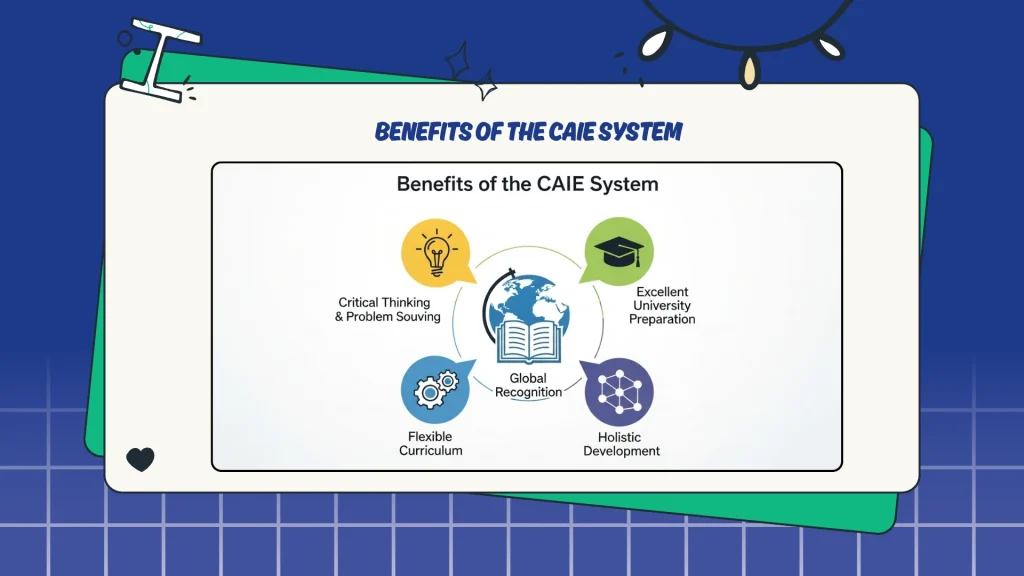
Here are the benefits of Cambridge Assessment International Education system:
1. Globally Recognized Qualifications
CAIE qualifications such as IGCSE, O Level, and A Level are accepted by top universities and employers across over 160 countries, providing students with international academic and career opportunities.
2. Flexible Subject Choices
Students can choose from a wide range of subjects, including sciences, arts, business, IT, and languages allowing them to tailor their education based on interests, strengths, and future goals.
3. Focus on Deep Understanding
The CAIE curriculum emphasizes critical thinking, analytical skills, and problem-solving rather than rote memorization, helping students develop a deeper understanding of concepts.
4. Pathway to Top Universities
CAIE qualifications are widely accepted by leading institutions such as Oxford, Harvard, MIT, LUMS, NUST, and many more. A Level students often receive advanced placement or credit exemptions.
5. High-Quality Assessment System
CAIE uses rigorous and fair assessment standards with international benchmarking. Exams are designed to test application and understanding, not just memory.
6. International Perspective
Cambridge programs promote global awareness, cultural understanding, and independent learningskills necessary for success in a globalized world.
7. Progressive Curriculum Structure
The system follows a structured academic progression:
- Primary to Lower Secondary to IGCSE/O Level to AS & A Level. This ensures smooth development at every educational stage.
8. Encourages Independent Learning
Learners are encouraged to explore topics independently, preparing them for university-style learning and self-motivated academic progress.
9. Teacher Support and Resources
CAIE provides extensive professional development, training, and teaching materials to ensure quality education delivery.
10. Confidence and Skill Development
The system nurtures qualities such as confidence, communication, innovation, and leadership, important for both academic and personal growth.
Support for Teachers & Schools
Cambridge Assessment International Education (CAIE) is deeply committed to supporting teachers, school leaders, and educational institutions around the world. The goal is to ensure high-quality teaching and effective learning environments that align with global standards.
1. Professional Development & Training
- Workshops & Online Courses: Regular training sessions on curriculum delivery, classroom strategies, and assessment techniques.
- Cambridge International Certificate & Diploma in Teaching: Formal qualifications to help teachers develop their teaching skills and practices.
- Subject-Specific Training: Deep dives into subject content, marking schemes, and teaching methodologies.
2. Comprehensive Teaching Resources
- Schemes of Work & Lesson Plans: Ready-made curriculum plans aligned with Cambridge syllabuses.
- Past Papers & Marking Schemes: Access to a large repository of exam materials to help teachers prepare students effectively.
- Cambridge Teacher Guidebooks: Detailed guidance on how to teach each subject successfully.
3. Online Teacher Support Platforms
Cambridge School Support Hub: A dedicated online platform that provides:
- Syllabuses
- Resource lists
- Examiner reports
- Sample candidate responses
- Discussion Forums: Teachers can connect with fellow educators around the world to share ideas and resources.
4. Recognition & Career Growth
Teachers affiliated with Cambridge Assessment International Education schools often gain global recognition, with many opportunities for career progression and international teaching jobs.
5. School Improvement Services
CAIE offers consultancy for curriculum planning, school leadership development, and quality assurance to help schools enhance their overall academic standards.
6. Assessment & Exam Support
- Detailed guidance on conducting exams, preparing internal assessments, and handling coursework submissions.
- Support with exam timetabling, invigilation, and secure administration.
7. Cambridge Learner & Teacher Attributes
CAIE promotes a shared vision: developing learners and educators who are confident, responsible, reflective, innovative, and engaged.
CAIE Exam Sessions
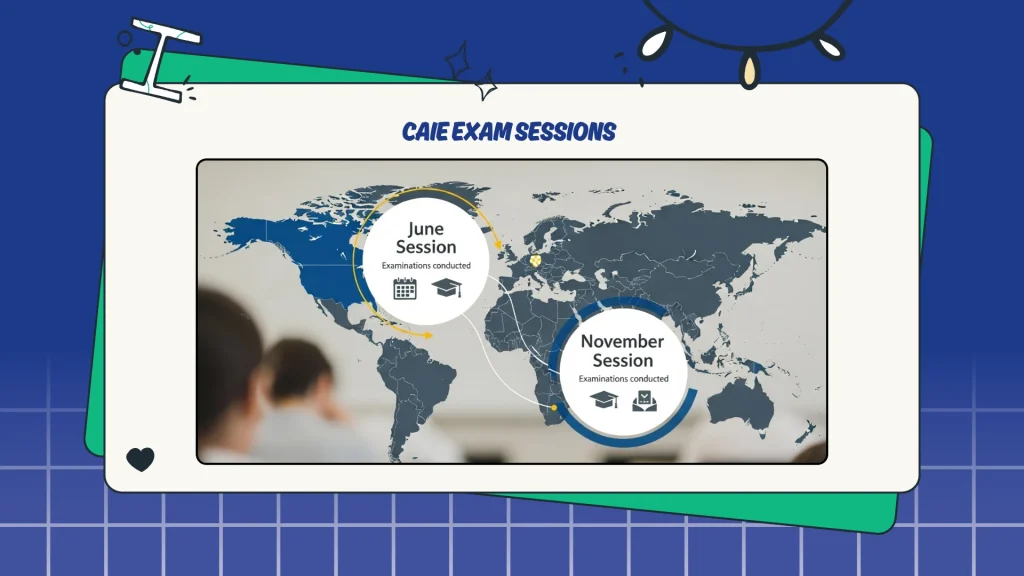
Cambridge Assessment International Education (CAIE) conducts its examinations twice a year to accommodate students globally:
- May/June Session: Exams take place during May and June. Results are typically released in August.
- October/November Session: Exams are held in October and November. Results are generally announced in January of the following year.
This biannual exam schedule offers flexibility for schools and students, allowing multiple opportunities to sit for exams throughout the academic year.
CAIE Grading System
Cambridge Assessment International Education (CAIE) uses a clear and standardized grading system for IGCSE and A Levels:
- Grades range from A to E:*
- A* is the highest grade, indicating outstanding performance.
- E is the minimum passing grade.
- U (Unclassified): Indicates that the candidate has not met the minimum standard to pass.
- Assessment Components:
Grading is based on a combination of:- Written examinations
- Coursework (where applicable)
- Practical assessments (mainly for science and technical subjects)
This system ensures a comprehensive evaluation of a student’s knowledge, skills, and understanding.
Comparison Between CAIE and Local Education Boards
Cambridge Assessment International Education (CAIE) and local education boards (such as the Matriculation and Intermediate Boards in Pakistan) represent two distinct educational systems, each with its unique features, benefits, and challenges.
Curriculum and Content
CAIE offers an internationally benchmarked curriculum that is regularly updated to reflect current academic standards and global perspectives. It emphasizes critical thinking, problem-solving, and the application of knowledge. In contrast, local boards typically follow a national curriculum that is more traditional and often focuses on rote memorization and theoretical knowledge.
Subject Diversity
The CAIE system provides a broad range of subjects, including modern and globally relevant disciplines, allowing students to tailor their studies according to their interests and career aspirations. Local boards generally offer subjects prescribed by national education authorities, which may limit subject variety.
Assessment Methods
CAIE employs a comprehensive assessment strategy that combines written examinations, practical assessments, and coursework to evaluate a student’s overall understanding and skills. Local boards predominantly rely on terminal examinations, with limited emphasis on coursework or practical components.
Examination Frequency
CAIE conducts examinations biannually, in May/June and October/November sessions, providing flexibility to students. Local boards usually hold examinations once per academic year.
Recognition and Opportunities
CAIE qualifications enjoy global recognition by universities and employers, facilitating admission to leading institutions worldwide. Local board certifications are primarily recognized within the country and may have limited acceptance internationally.
Grading Systems
The CAIE grading scale ranges from A* to E, with U indicating an unclassified or fail grade. This grading system offers detailed descriptors of student performance. Local boards typically use a division system (First, Second, Third) or percentage marks, which may not provide as granular an assessment.
Teaching and Learning Approach
CAIE encourages independent learning, inquiry-based teaching, and the development of analytical skills. Local boards often follow a more teacher-centered approach, with a focus on textbook learning and memorization.
University Admissions and Career Pathways
Students completing Cambridge Assessment International Education qualifications often find it easier to access prestigious universities worldwide due to the system’s international credibility. Conversely, local board graduates are well-positioned for higher education and employment within their country.
Latest Update: CAIE 2025
The latest information on Cambridge Assessment International Education (CAIE) updates for 2025, including exam schedules and syllabus changes:
CAIE Exam Sessions for 2025
1. May/June 2025 Session
- Examination Period: April 25 – June 11, 2025
- Final Timetable: Available for all administrative zones, including Zone 4.
2. October/November 2025 Session
- Examination Period: October 30 – November 14, 2025
- Final Timetable: Released for all administrative zones, including Zone 5.
Note: Examination timetables are determined by Cambridge, and rescheduling requests are not entertained.
Syllabus Changes for 2025
Cambridge has implemented several syllabus changes for 2025, including new, revised, and withdrawn subjects. Key updates include:
- Revised Syllabi: Significant changes based on feedback and reviews.
- New Syllabuses: Introduction of new subjects or revised syllabuses with updated codes.
- Withdrawn Syllabuses: Discontinuation of certain syllabuses.
For a comprehensive list of all syllabus changes, please refer to the official Cambridge document.
Registration Deadlines for October/November 2025
- Normal Registration: June 12 – August 8, 2025
- Late Registration: August 9 – September 15, 2025
It’s advisable to register early to avoid any late fees.
O and A Level Equivalence (IBCC)
The Inter Board Committee of Chairmen (IBCC) is the official government body in Pakistan responsible for awarding equivalence certificates for foreign and international qualifications, including Cambridge O Levels and A Levels Equivalence.
What is Equivalence?
Equivalence means that the qualifications obtained through Cambridge Assessment International Education (O Level and A Level) are officially recognized as comparable to the local education system certificates — Matriculation (Secondary School Certificate) for O Levels and Intermediate (Higher Secondary School Certificate) for A Levels.
Equivalence Criteria
- O Level Equivalence:
Generally considered equivalent to the Matriculation (10th grade) certificate when a student passes a minimum number of subjects (usually 5-8 subjects, including compulsory ones like English and Mathematics). - A Level Equivalence:
Recognized as equivalent to the Intermediate (12th grade) certificate upon successful completion of at least 2 A Level subjects. Students must also have previously obtained O Level equivalence or its equivalent.
Importance of Equivalence
- University Admissions:
Pakistani universities require an equivalence certificate from IBCC for admission of students with O/A Level qualifications. - Employment and Further Studies:
Equivalence is necessary for government jobs, scholarships, and further education within Pakistan. - Legal Recognition:
Equivalence certificates provide official validation of international qualifications within Pakistan’s education framework.
How to Apply?
- Students must submit their original O/A Level certificates, transcripts, and a completed application form to the IBCC office.
- The process typically takes a few weeks, and a fee is charged for the service.
- Detailed guidelines and forms are available on the IBCC official website.
Conclusion
Cambridge Assessment International Education (CAIE) represents a globally respected and comprehensive education system designed to nurture students into confident, knowledgeable, and skilled individuals ready to face the challenges of the modern world.
Offering a wide spectrum of internationally recognized qualifications, including O Levels, IGCSEs, AS Levels, and A Levels, Cambridge Assessment International Education ensures that learners receive a robust academic foundation grounded in critical thinking, problem-solving, and independent learning.
The flexibility of CAIE’s curriculum allows students to choose from a broad range of subjects tailored to their interests and career aspirations, while the biannual examination sessions provide multiple opportunities to demonstrate their academic capabilities.
The fair and transparent grading system, which incorporates written exams, coursework, and practical assessments, reflects a holistic evaluation of student performance.
Moreover, CAIE’s extensive support for educators and institutions fosters an environment of continuous professional growth, ensuring high teaching standards and better student outcomes.
In countries like Pakistan, the official equivalence granted by the Inter Board Committee of Chairmen (IBCC) further strengthens the system’s credibility by aligning Cambridge Assessment International Education qualifications with local education frameworks, facilitating smooth transitions for students pursuing higher education or employment locally.
In summary, Cambridge Assessment International Education offers an education pathway that is not only internationally benchmarked but also adaptable and student-centered, empowering learners to unlock their potential and succeed globally.
Whether a student aims to attend prestigious universities or excel in competitive career fields, CAIE’s well-rounded approach and global acceptance make it an ideal choice for academic excellence and lifelong achievement.
FAQs
What does CAIE stand for?
CAIE stands for Cambridge Assessment International Education. It is part of the University of Cambridge and provides internationally recognized qualifications such as Cambridge O Levels, IGCSEs, AS, and A Levels. CAIE serves students worldwide and is known for its rigorous academic standards and emphasis on critical thinking.
Which qualifications are offered by CAIE?
CAIE offers a range of qualifications for students aged 5 to 19, including:
Cambridge Primary and Lower Secondary for young learners
Cambridge IGCSE and O Level for secondary education
Cambridge International AS and A Levels for advanced study.
These qualifications prepare students for higher education and global career opportunities.
How often are CAIE exams held?
CAIE conducts exams twice a year:
The May/June session, with results typically released in August
The October/November session, with results typically released in January
This schedule provides flexibility for students to plan their studies and retake exams if needed.
What grading system does CAIE use?
CAIE grading ranges from A* (highest) to E (passing), while U means unclassified or fail. Grading is based on written exams, coursework (where applicable), and practical assessments, offering a holistic evaluation of student performance.
How is CAIE different from local education boards?
CAIE follows an international curriculum emphasizing critical thinking, problem-solving, and analytical skills. It offers flexible subject choices and is recognized worldwide. Local boards typically follow national curricula focused more on memorization, have fewer exam sessions, and are mostly recognized within the country.
Are CAIE qualifications recognized globally?
Yes. CAIE qualifications are accepted by top universities and employers across the UK, USA, Canada, Australia, Europe, Asia, and many other regions. They provide pathways for students to pursue higher education and international careers.
What is IBCC equivalence for O and A Levels?
The Inter Board Committee of Chairmen (IBCC) in Pakistan grants equivalence certificates to CAIE qualifications, officially recognizing O Level as equivalent to Matriculation (10th grade) and A Level as equivalent to Intermediate (12th grade). This recognition is necessary for university admissions, jobs, and further studies within Pakistan.
Why is IBCC equivalence important?
Without IBCC equivalence, CAIE qualifications are not legally recognized within Pakistan’s education system. Equivalence certificates enable students to apply for local universities, government jobs, scholarships, and professional courses.
How can teachers and schools benefit from CAIE?
CAIE provides extensive professional development, curriculum support, teaching resources, and assessment tools. It offers training workshops, an online support hub, and networking opportunities for educators to enhance teaching quality and student outcomes.
What are the key benefits of choosing the CAIE system?
The CAIE system offers globally recognized qualifications, flexible subject options, a focus on critical thinking and skills development, multiple exam sessions per year, and strong support for students and teachers. It prepares learners for university and career success worldwide.


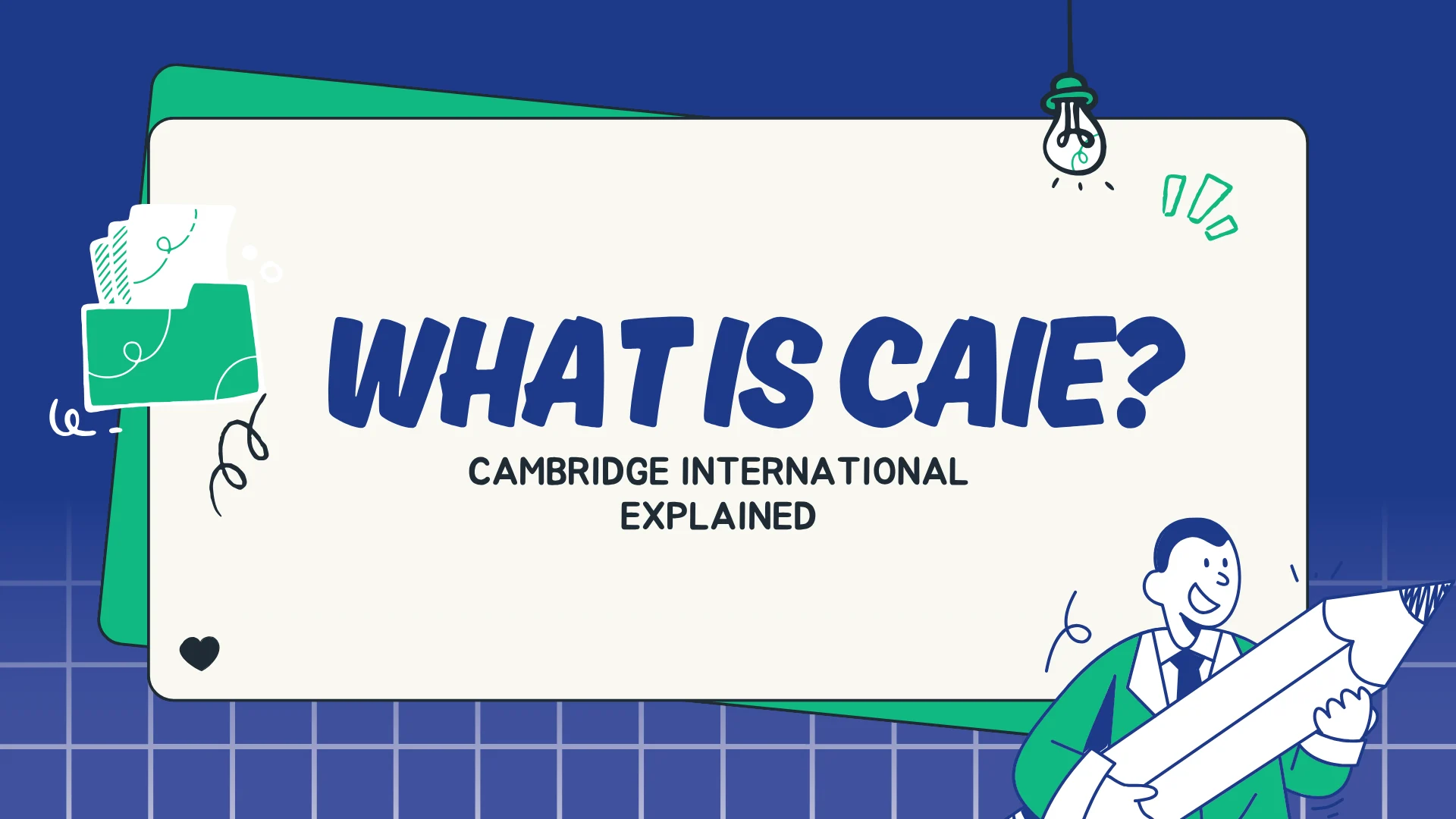


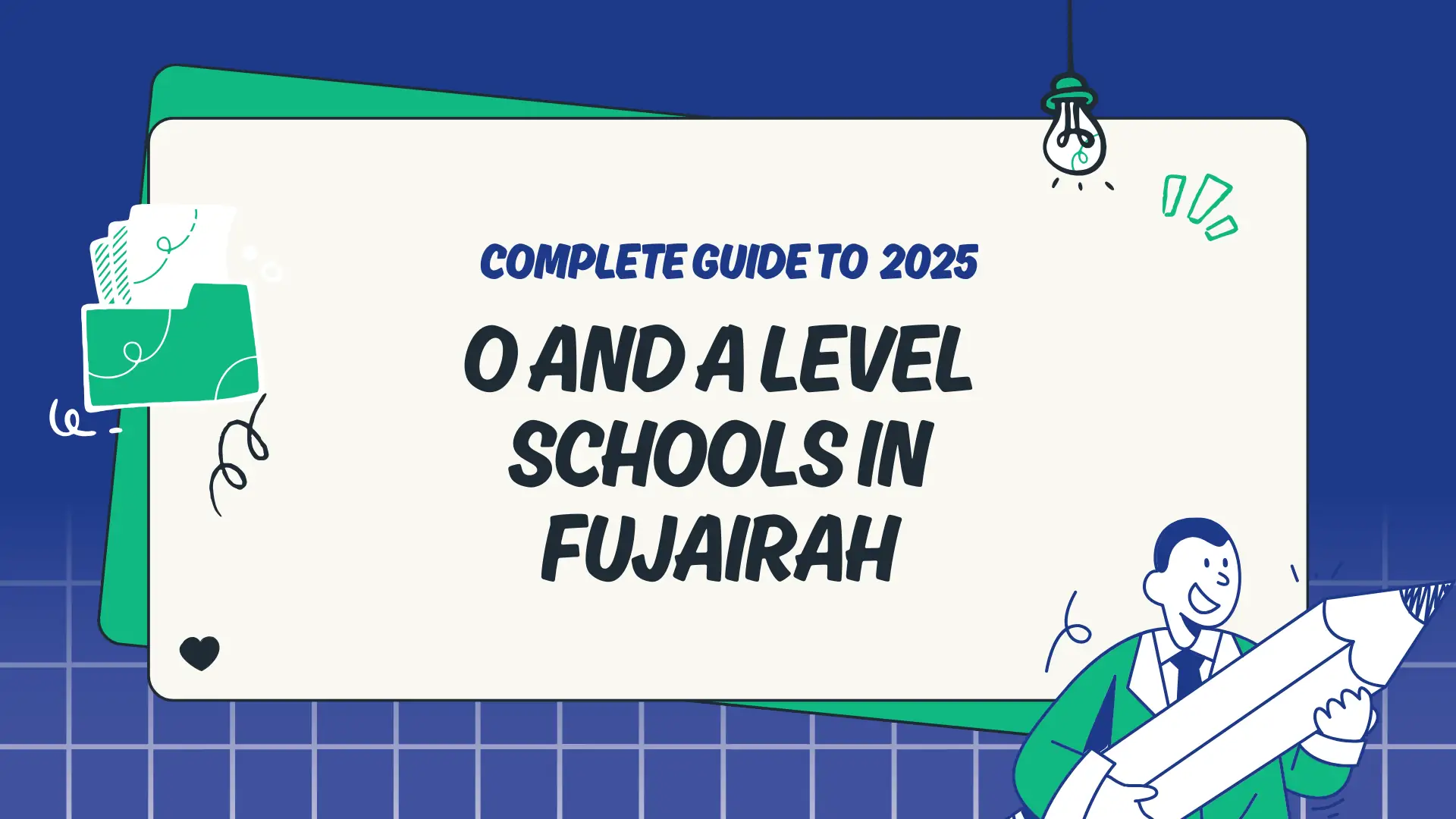

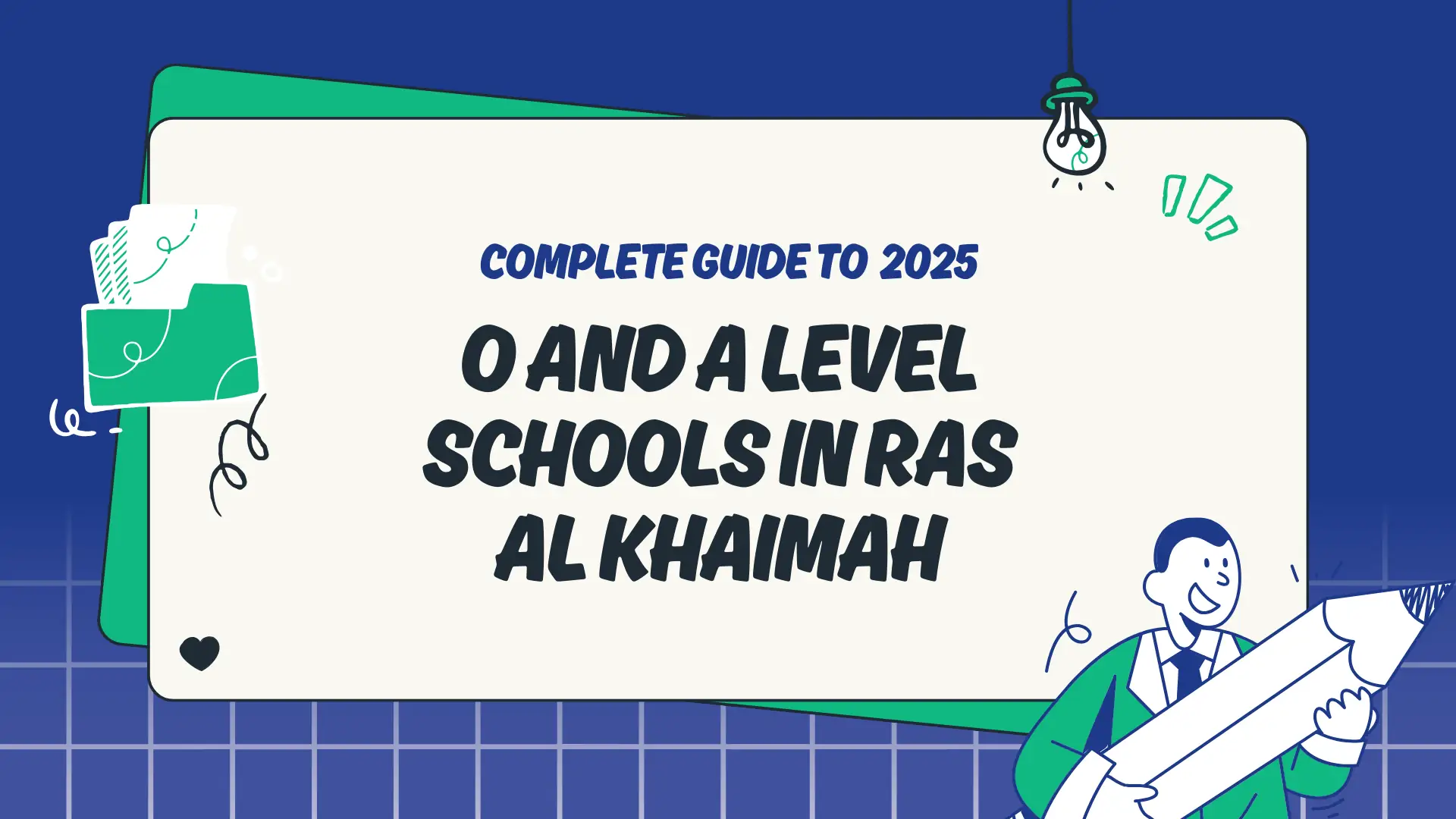
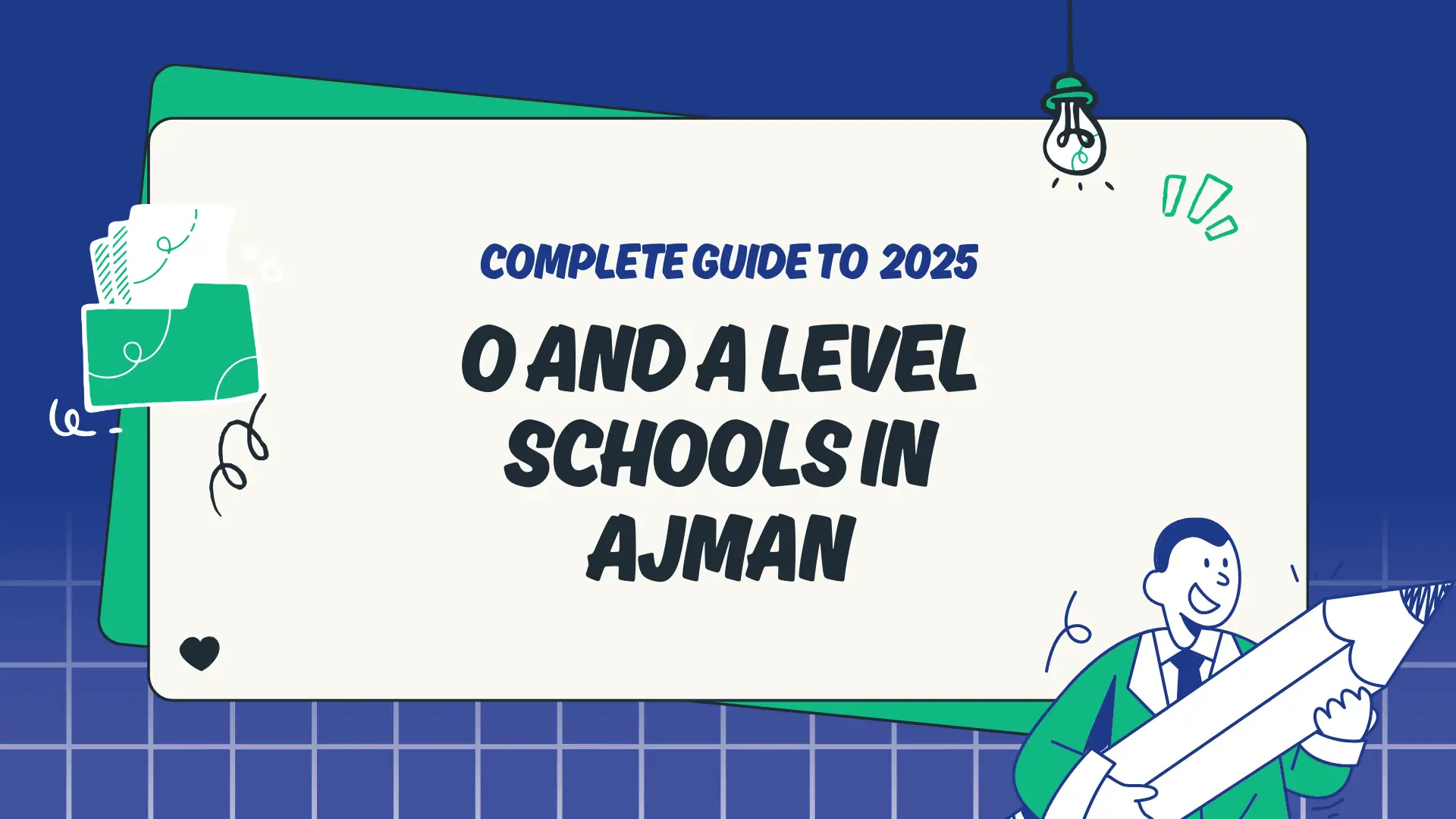
Leave a comment